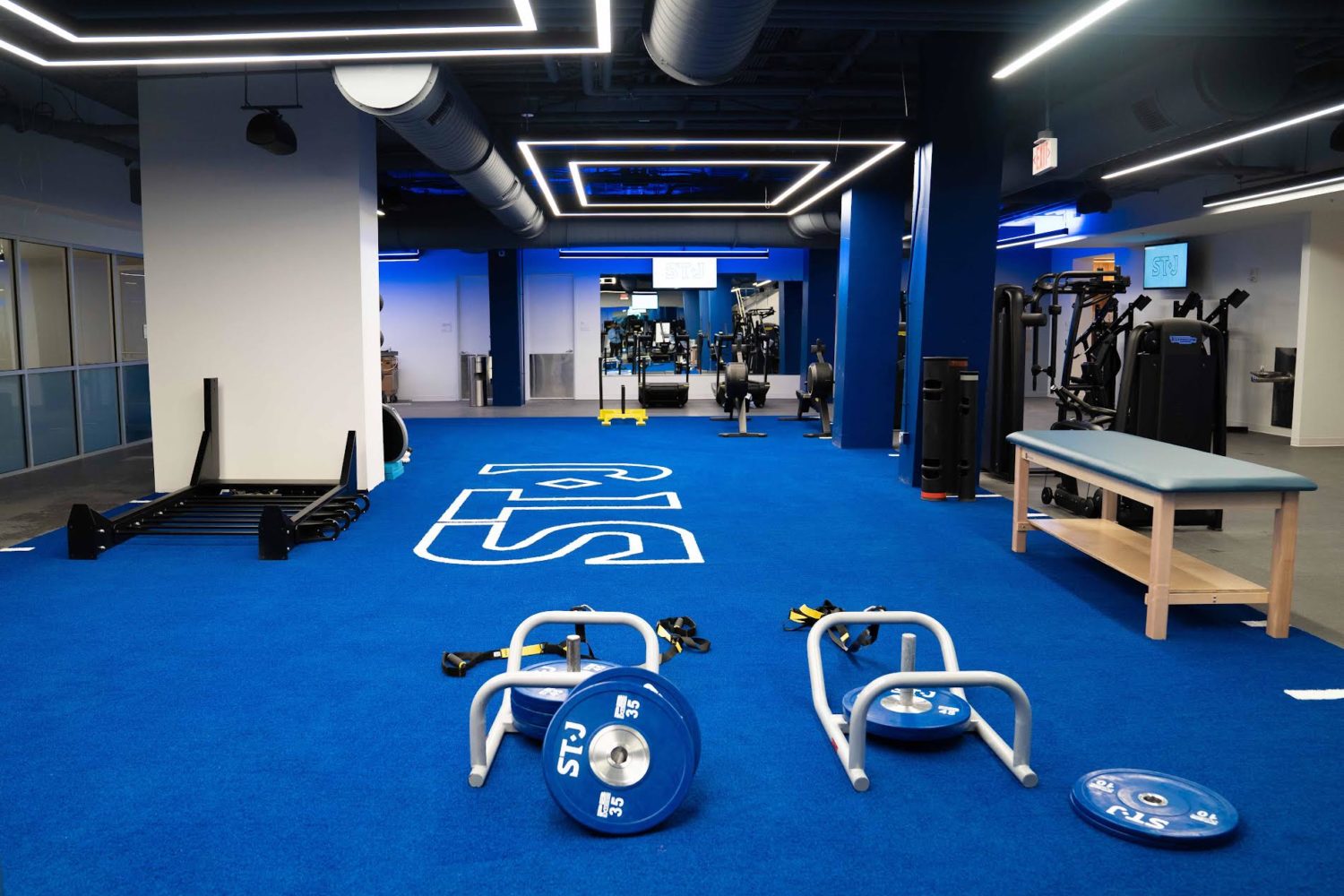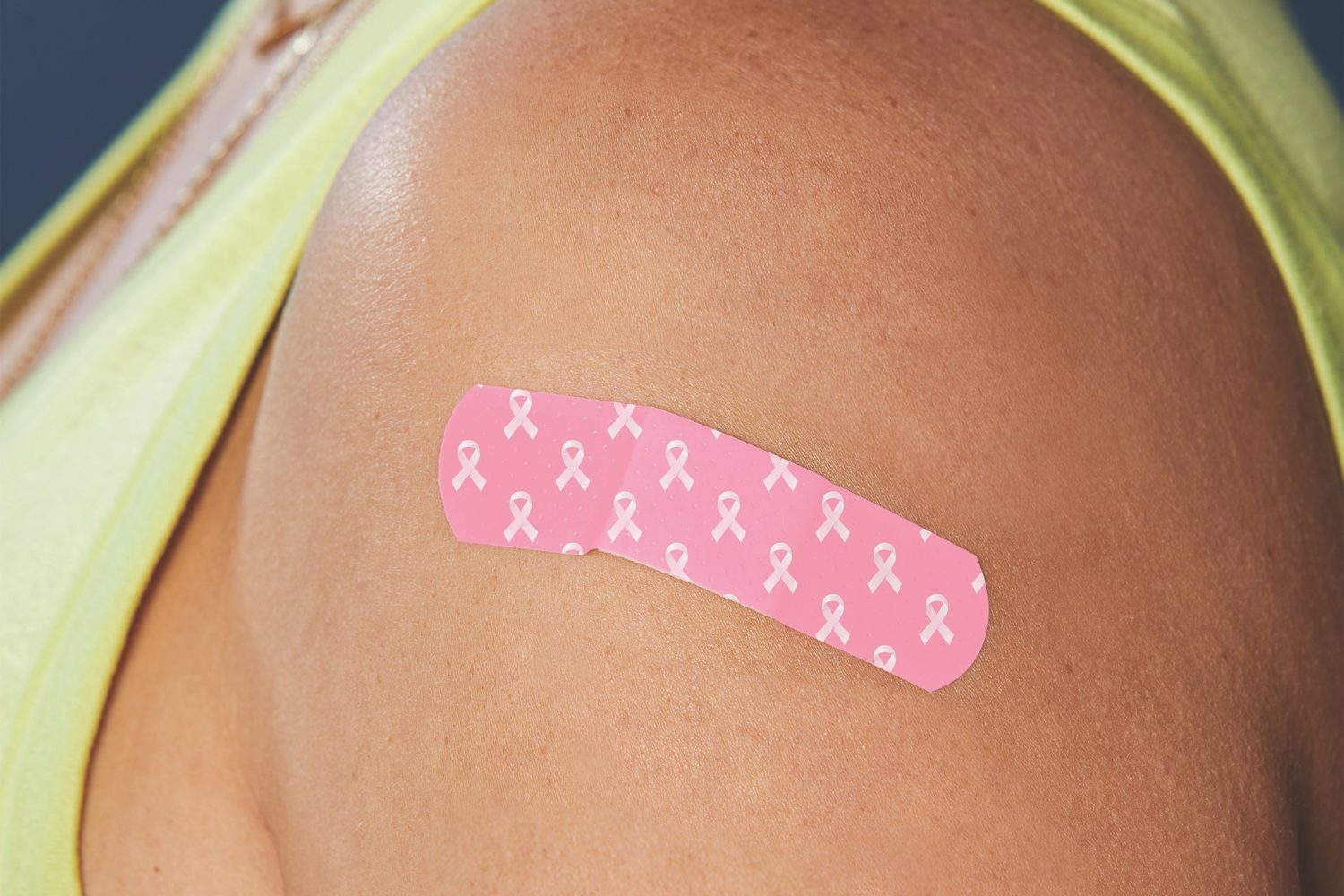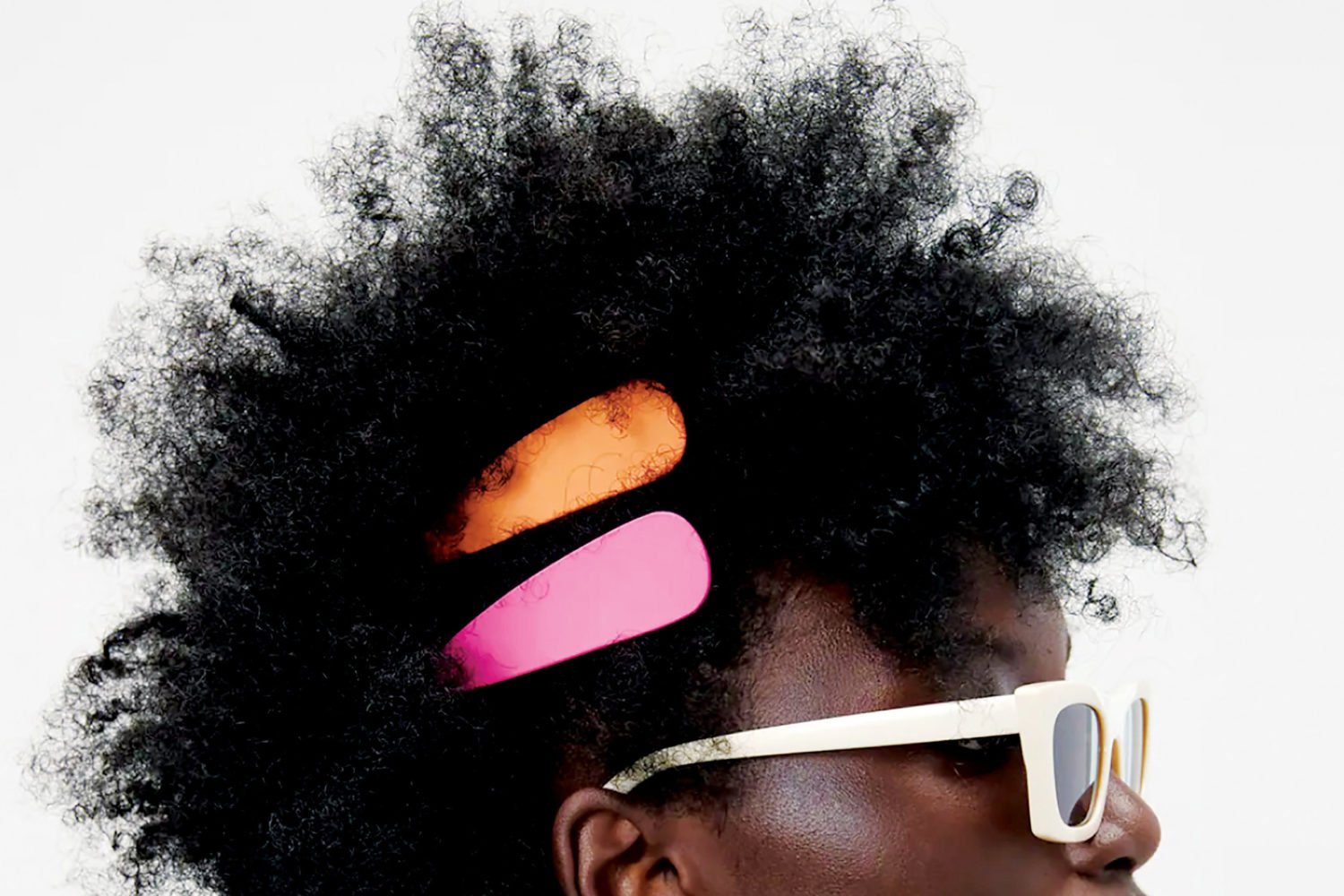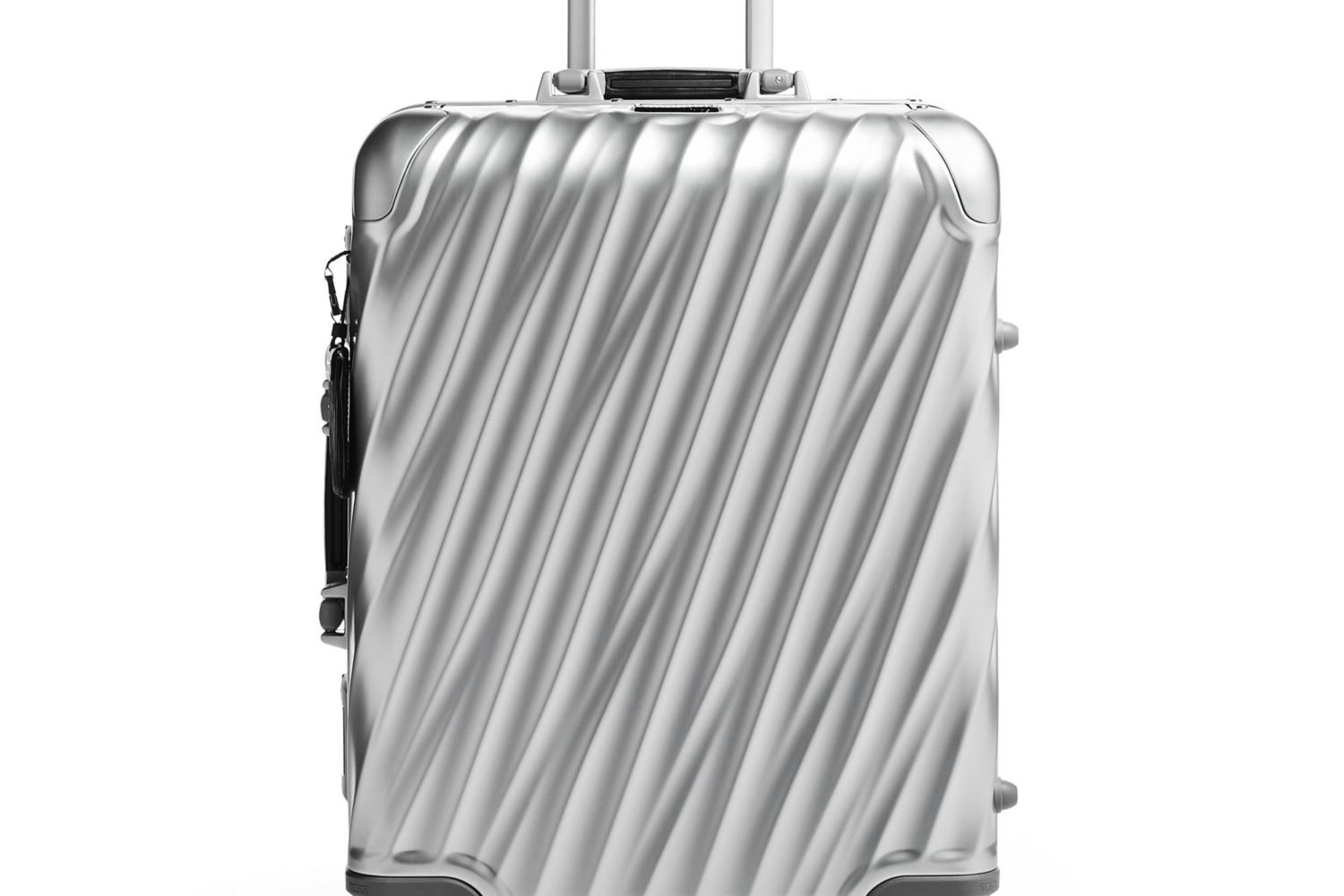My family arrived with Woodrow Wilson when he became president in 1913. My father was a big dog in the Democratic Party and helped get Wilson elected. Union Station was so grand when we came in by train. I was eight years old.
We found a house on LeRoy Place, off Connecticut Avenue. I went to the Holton-Arms School, two blocks away–before it moved to Bethesda. Most of my schoolmates were from wealthy Republican families. They didn't think much of us new Democratic girls.
All the best parties were held at Rauscher's, a catering hall near Dupont Circle–luncheons, teas, dinners, dances. I came back from Vassar for my debut there over Christmas 1921. All those gowns and the mirrored walls and flowers everywhere. No one smoked, and most boys didn't drink. It was Prohibition.
One day my mother was guest of honor in the Senate ladies' gallery. I was in the front row of the balcony, and all these men kept going in the door of the men's room beneath us. Then came this magnificent gentleman from the Democratic side aisle. I said, "Who's that?" Someone said, "That's Millard Tydings. He's from Maryland–supposed to be the best speaker on the floor." Just then he looked up, bowed, and smiled. I bowed and smiled back.
At lunch I was introduced as Joseph Davies's daughter. He took both my hands and said, "Oh, yes, I've seen her portrait, and I'm happy to meet the original." He took me aside and said, "When can I see you?" He was making a speech in northern Maryland and asked if I'd go. Along the way he told me the whole history of Maryland.
Once we married, we spent half our time on the Eastern Shore and half in Washington. We had 600 acres near Salisbury, overlooking the river. So beautiful.
FATHER JAMES A. MARTIN, 102 GEORGETOWN UNIVERSITY
My father was born in Scotland and studied music with a big band in New York City. He became head of music in every church my family located to. We were all singers and musicians.
My brother was an altar boy. To be on the altar you had to be at least six, but he let me follow him. The main thing was ringing that little bell at important times during the Mass. I knelt behind him, but my brother wouldn't let me ring the bell.
I went to St. Joseph's Prep in Philadelphia. My teacher used to keep me after school and tell me about the Jesuits. I decided I wanted to be a priest. There were two years of novitiate study in Yonkers, New York, then first vows, then the Jesuit course of study–something like 13 years–and being sent out to teach.
When I went to the Philippine Islands–Ateneo de Manila University, a Jesuit school there–they had a captain of the basketball team, kind of a comedian, and the coach would let him do his comedian stuff. I knew they wouldn't get far with that. I told the athletic director, "If you don't mind, I'll take over basketball." So I taught and coached, and we won the city championship.
I was assistant dean of men at Georgetown and assistant director of athletics. Football, basketball, baseball, soccer–coached those, too. Georgetown had a good club–I go see them practice. We all sit here and watch the games. It's a great life.
I didn't expect to be 100. I was occupied so much with what I was doing and what I had to do to advance. As far as my health, I played sports for a long time, and I played them all.
ANNIE WATERS, 108 NORTHWEST DC
I was born in Maryland but went to Payne elementary and Armstrong high school in DC. When I was a girl, there were gas lamps along the streets. To keep food cold, men came by in wagons and chopped off chunks of ice. You put the ice in old-fashioned iceboxes. The inside was insulated, but you had to remember to empty the pan underneath. If you didn't, water would run all over the floor.
A coal stove heated the house. For washing, you put a container on the stove with water, put the clothes in, and let them boil, then cut up pieces of soap and put them in and let them cook. The wringer was attached to the tub–you turned the crank, and the rollers turned to wring the water out.
I was happy when sliced bread came along because I could never get the slices to come out right.
I met my husband at a dance; we married when I was 21. He was a registered-mail clerk with the Post Office. There was a rule that two married people couldn't work for the government, so I had to give up my job at the Census Bureau, which I didn't want to do. My husband studied for his pharmaceutical license during the '30s. He stayed with the Post Office but was a substitute pharmacist.
I had all four children at home–my mother was a midwife. Aside from my daughter Julia, my children are all deceased. They came out well. My husband was an important part of that. We brought them up to be respectable and good people.
I never went to a hospital until I was over 100. I fell and hurt my shoulder. I wish I could walk better, but my spirits are pretty good.
MARTHA BIER, 102SUNRISE BEDFORD COURT, SILVER SPRING
I met my husband, Bob, in 1918, but we didn't marry until 1930. I lived in Plattsburgh, New York, and he was up there from Washington in officer training.
I went to Russell Sage College in Troy, New York, then transferred to Cornell in home economics–dietetics. My husband went to Georgetown medical school, then to Fitzsimmons army hospital in Colorado studying pediatrics. He died in 1974.
When women got the right to vote, that was remarkable. A red-letter day. A lot of women had been working for full suffrage for so long. I went to register, but not everyone did: My mother wasn't that kind, and my sister–four years ahead of me–was busy raising her boys.
I taught briefly in Georgia. Then a dietitian at Walter Reed said, "We have a vacancy in special diets." Then came a promotion to chief dietitian at Baltimore City Hospitals–I commuted there. Bob set up practice on Massachusetts Avenue, then in Chevy Chase. We had three children.
When my husband was thinking of going overseas for the war, I said, "If you do, I'll take the family back to Plattsburgh." So I called my father, and he bought a house for me. I guess you could say I was a single working mother; I didn't see my husband until 1946.
The children and I went to meet him. That's my happiest memory–meeting up with my husband after the war. We lived in a compound in the middle of Frankfurt. You could see the burned spots in the wainscoting where a dud bomb had come into the house.
My husband started his practice again from scratch in Silver Spring. I bought us a four-bedroom house in 1947 for $20,000 cash. I was in charge of the finances. I learned a little bit about the stock market on my own and taught my daughter.
To live to be 102, I'd say choose good ancestors. My father never had any liquor at home. And I've always been a walker. Until two years ago, I didn't have the paper delivered–I'd walk to the Giant across the street to get it. I did my own taxes until two years ago.
My advice is try to be independent as long as you can. And don't spend all your money at one time.
VERNICE HILL BAILEY, 103 NORTHWEST DC
Georgetown was mostly colored when I was young. Every Sunday after we went to church, Father took us for a ride on the streetcar. In summer they had open-air cars. He'd take us to the end. It was wilderness. One weekend we would go to Silver Spring, the next weekend Anacostia. He always made it different. Anacostia had an amusement park called Willow Green. There was a dance pavilion, and outside you could eat.
Iwent to work at the munitions building at Gravely Point. I was a messenger, zipping around with mail. Then I was promoted to clerk until I was riffed from the Pentagon. The building was halfway finished when I left. They'd work on it all night; you'd come in the next morning and work someplace else because they'd have another section done. I had to go because I had a fella's job. Got a job at the old Central High School setting up the lunch.
Oh, but my husband! Mr. Edward Bailey. We met at the Navy Yard; my sister, who married a Navy man, introduced us. He was a transcriber–when they had court martials, he would type in what they said. At first I was like the shell on a walnut–I didn't pay him no mind. When he asked me to marry him, I told him I wasn't ready yet. I had to find out what he could do for me. And I saw he was very nice. He knew I loved the fruit, especially mangos, so he brought me fruit. You won't hurt my feelings bringing me fruit.
They had segregation then. We could only go certain places, only eat at certain places. So we would go to U Street, Tivoli Theater, the open-air gardens. We used to go to the National Theatre and sit in the first and second balconies, but we couldn't go downstairs. I liked to go to shows, and my husband took me all the time.
But the war changed everything. I think he thought every bullet was made for him. He was so scared. He thought he wasn't coming back, so he let loose and tried everything–smoking, drinking, gambling, cursing, chasing women. He died of emphysema in his seventies.
I've had a good life, and I'm glad I had a good mother and father. They imparted to me to do well, to live right. Don't put in your body what's going to tear it down.
GORDON ROLAND BENNETT, 100 FALLS CHURCH
My father came to Washington from Pittsburgh in 1924 on account of breathing problems; he'd worked on the railroad there. I came in 1925. He got me a job at IBM, where he was. They'd bring big rolls of paper to slice into tabulating cards. They put me on two machines that did 650 a minute. Then I became assistant to the foreman. I made $15 a week.
I had a 113-acre farm in Manassas. Bought it from a guy who went to World War II. I was a city slicker, farmed it on weekends. Corn and wheat and registered shorthorns, six cows and a bull. I had a tractor and a sharecropper to help me during the week. I got books on agronomy from Virginia Tech–I didn't know how to farm, so I did it by the book. When it came time to harvest, other men said they'd help me if I'd help them. They were surprised my crops came out so good.
Blanche–Mrs. Bennett–and I were driving home from Vienna when we heard about Pearl Harbor. We pulled into a stone quarry and sat in the car and listened to them on radio tell about the Japanese. I was scared more than anything. Came right home.
Just like Blanche and I built this house ourselves, we built a recreation home near Colonial Beach, Virginia. I passed by the Kennedy inaugural stands every day and one day asked the men what they planned to do with the lumber. Sell it, they said. I put in my bid. I used that lumber to build the house. They were also dismantling bricks from the botanical gardens–I built the fireplaces and chimney from those.
OLGA GRADO, 103INOVA CAMERON GLEN CARE CENTER, RESTON
I grew up in Valdivia, in southern Chile, the most beautiful city in the world. When I was little, my father was transferred to Santiago with the Central Bank of Chile. My mother was born in Munich–she was a famous painter from high society.
Idid not paint as a child. I started when I came here to live with my daughter in 1976. When I was 82, I went to Paris with a friend–my first time in Europe. I did watercolors of trees, flowers, the Arc de Triomphe, the Champs Élysées.
I had beautiful gardens in Chile. We planted vines for grapes. We used to have dinner outside and just reach up and grab a grape from the hanging vines.
I almost drowned at Bethany Beach ten years ago. I was floating, not swimming, and got far out from the shore. I got rescued by a lifeguard. I didn't want to be rescued–I was enjoying myself. I was mad!
My husband and I were married 40 years. When he died, I left Chile. I sold my house, gave all my effects to my son, and came up to Alexandria. My son died in 1982 in a plane crash. My daughter says I stayed stoic when we went back for the funeral–never showed a thing. I just prayed. I put my hands together, did a sign of the cross, and appealed to the Virgin Mary.


















